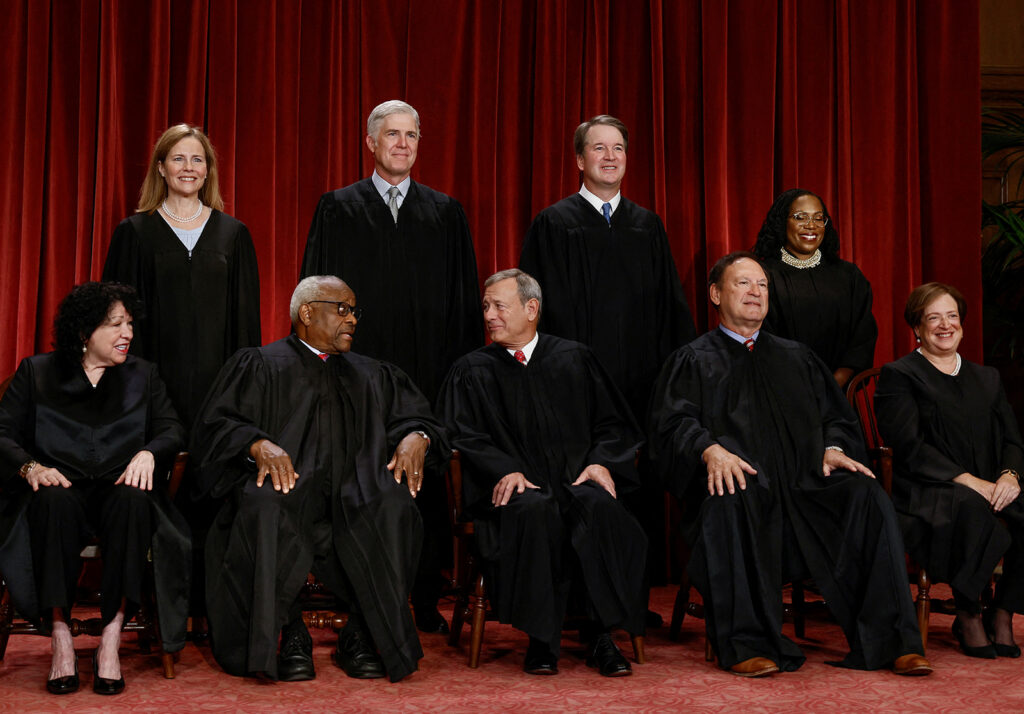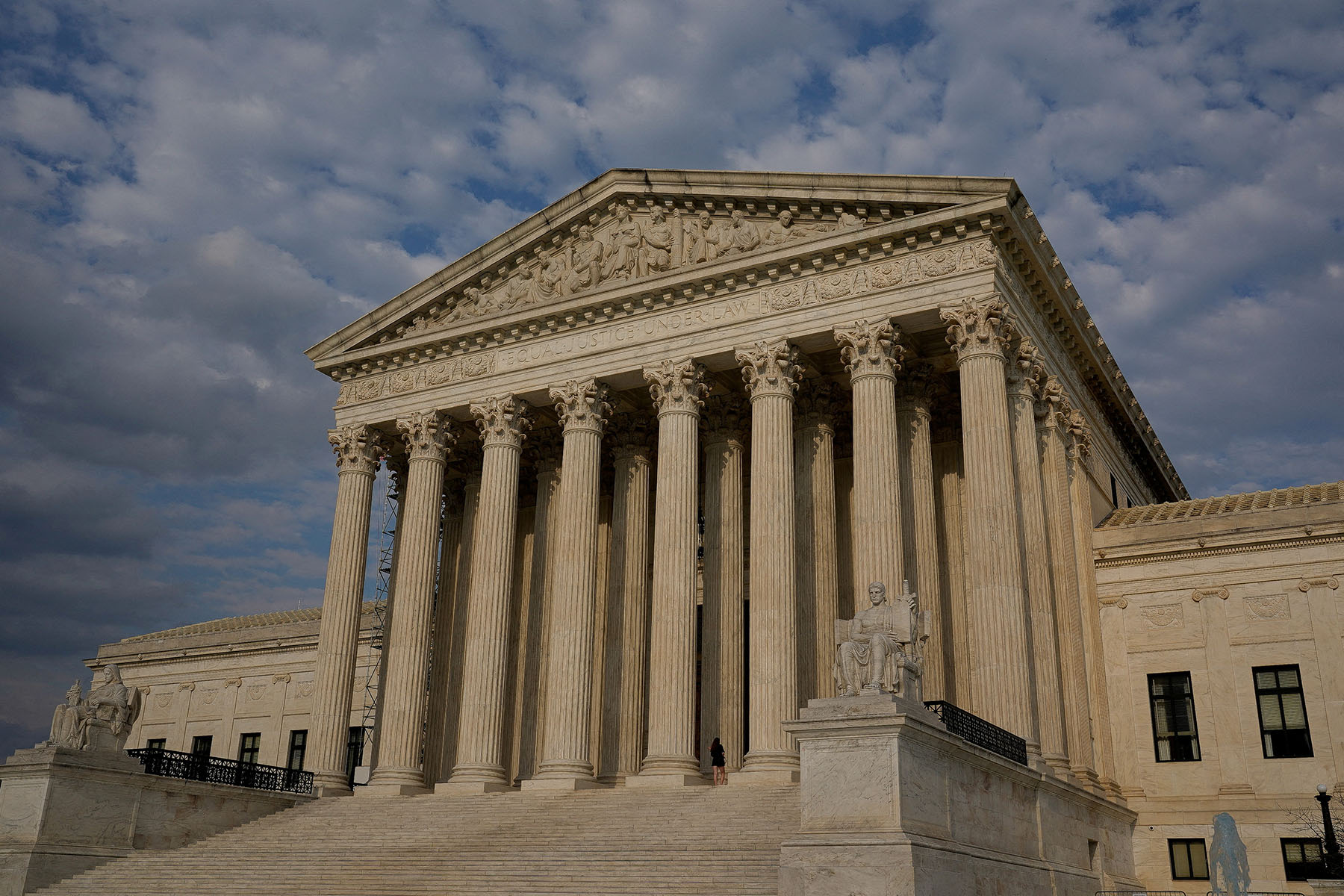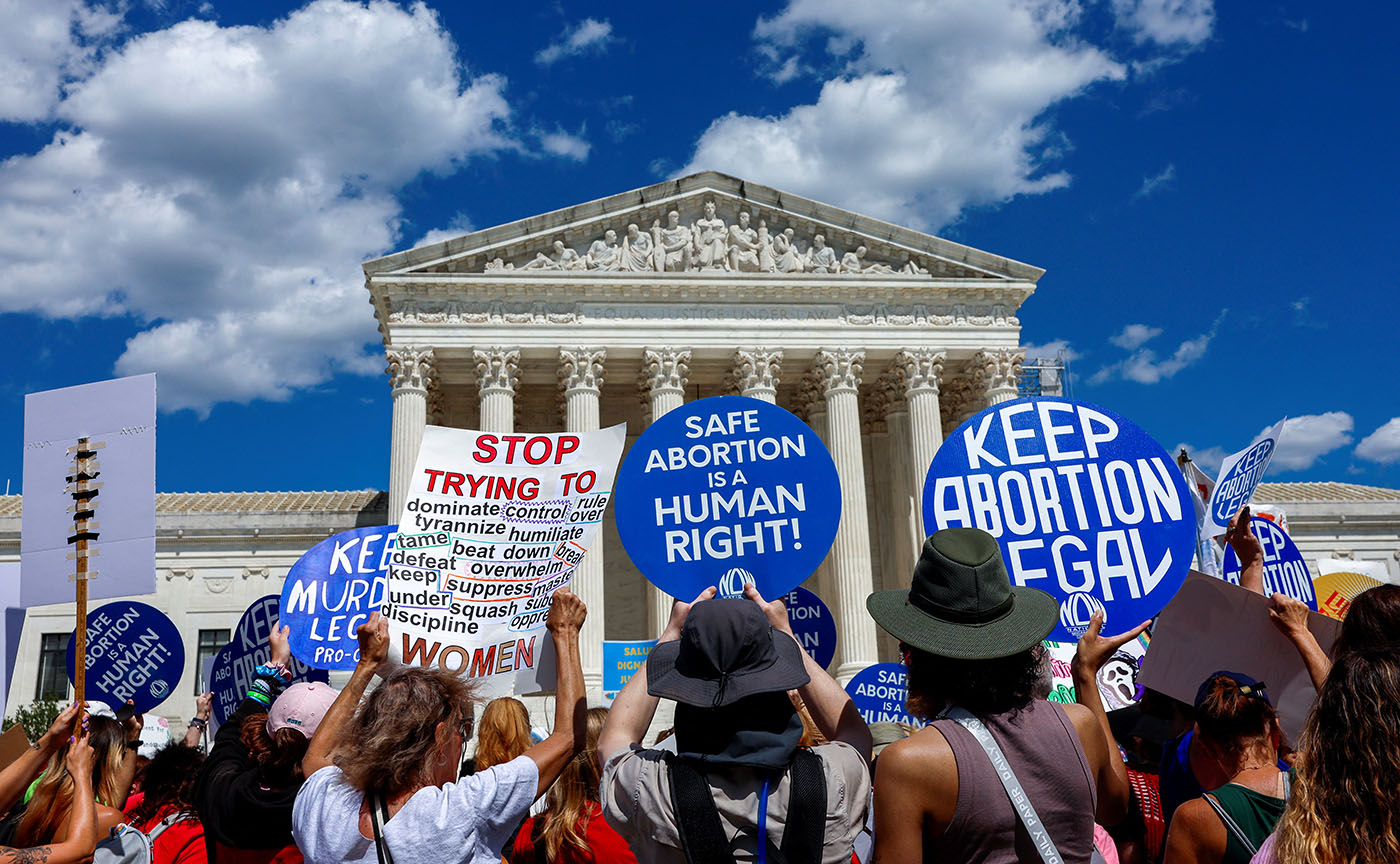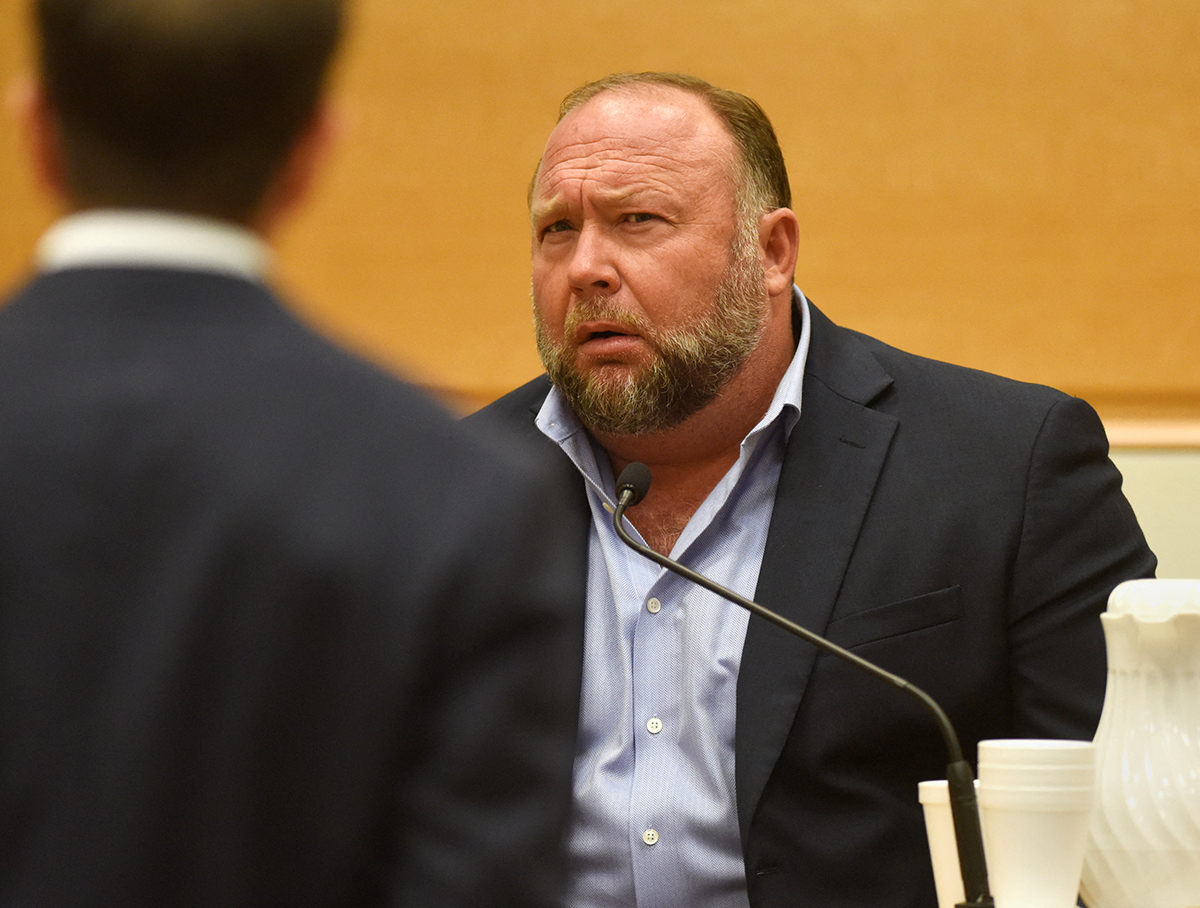The Supreme Court agreed April 24 to hear two cases that question whether the First Amendment protects users from being blocked from social media accounts run by public officials.
Social media, if used to disseminate official information to the public, was described by the Supreme Court in Packingham v. North Carolina in 2017 as the “modern public square,” since public discourse often is posted on social media platforms as well as being discussed in government-controlled forums.
Personal accounts used by public officials as online public squares — meaning such accounts provide information to constituents as part of one’s public-facing position — may be subject to First Amendment protections for those contributing to the online discussion.
In O’Connor-Ratcliff v. Garnier, two elected school board members in San Diego County set up social media accounts on Facebook and Twitter separate from their personal ones to discuss and promote school-related content.
Christopher and Kimberly Garnier, a couple with children in the district, were known for frequently posting long, critical and repetitive posts on the trustees’ and Board of Trustees’ pages. At first, the school board members would delete or hide the Garniers’ posts on each of their pages, but later blocked them entirely.
In July 2022, the U.S. Court of Appeals for the Ninth Circuit upheld a lower court’s judgment which found that the two school district officials infringed on the First Amendment rights of the couple by blocking them from the social media accounts because the accounts were used to carry out the school board members’ official duties.
In the second case that was granted review, Lindke v. Freed, the appointed Port Huron, Michigan, city manager James Freed created a public Facebook page in which he would post about the city and his personal life, such as photos of his daughter’s birthday and weekend picnics with his family, according to court records. After the COVID-19 pandemic started, Freed began sharing the city’s public health policies and other statistics about the ongoing pandemic.
Kevin Lindke, a Port Huron resident, was critical of Freed’s posts. Freed ultimately deleted Lindke’s comments and blocked him from the page.
In June 2022, the U.S. Court of Appeals for the Sixth Circuit ruled in favor of Freed, finding that he “maintained his Facebook page in his personal capacity.” The court held that the Facebook page wasn’t considered “state action” since it “neither derives from the duties of his office nor depends on his state authority,” according to the decision.
The cases are expected to be heard in the fall, and follow a 2018 decision from the U.S. Court of Appeals for the Second Circuit, which found that then President Donald Trump couldn’t block critics from his Twitter account. Trump had used his personal Twitter account, set up before he became president, entirely for comment about public affairs.
Deep Dive: Can Elected Officials Block Critics on Their Social Media Pages?
The federal appeals court ruled that Trump blocking constituents violated their First Amendment rights, since his account was considered a public forum.
Under First Amendment law, such use of social media creates a limited purpose public forum, in which the government can limit the forum to certain subjects but cannot discriminate among speakers based on their viewpoint. Officials can, however, impose reasonable time, place and manner restrictions — such as maintaining a site for discussion of specific topics.
“The First Amendment does not permit a public official who utilizes a social media account for all manner of official purposes to exclude persons from an otherwise-open online dialogue because they expressed views with which the official disagrees,” the Second Circuit ruled.
On April 5, 2021, the Supreme Court vacated the judgment and returned the case to the Second Circuit with instructions to dismiss the case as moot. The former president was no longer in the White House and he had been denied access to Twitter Jan. 8, 2021, two days after the Capitol insurrection.
April 24, 2023 — O’Connor-Ratcliff v. Garnier Certified Question
April 24, 2023 — Lindke v. Freed Certified Question
Tags



